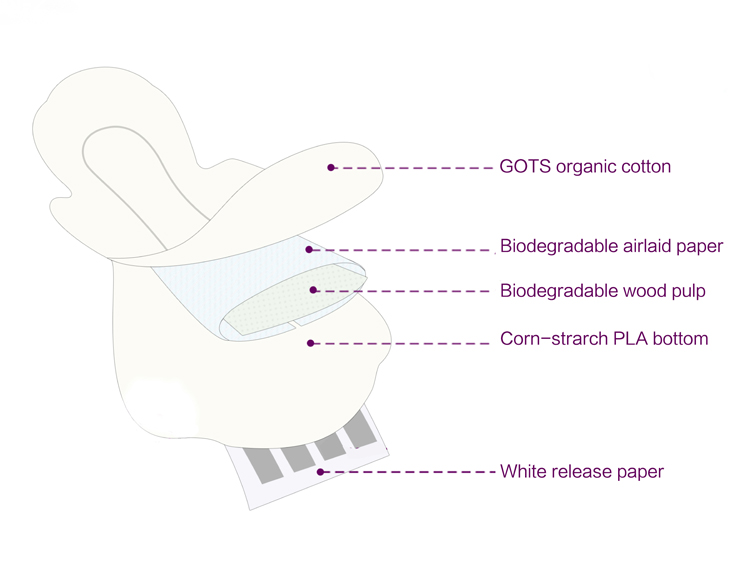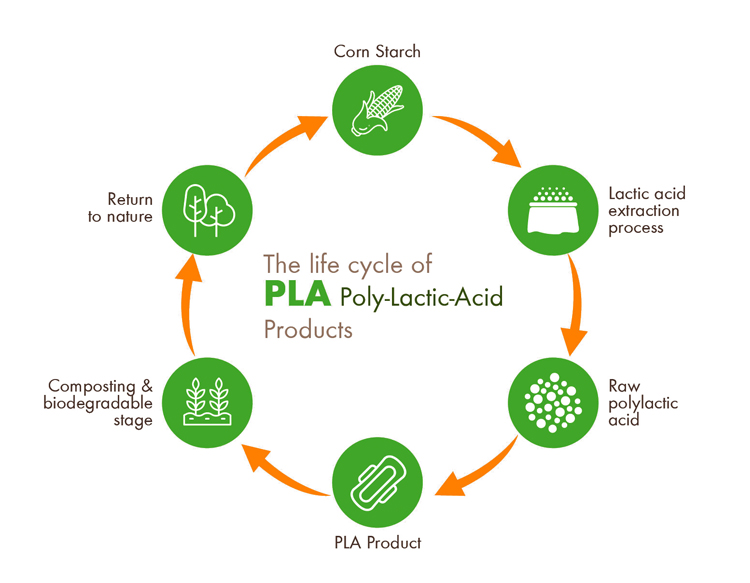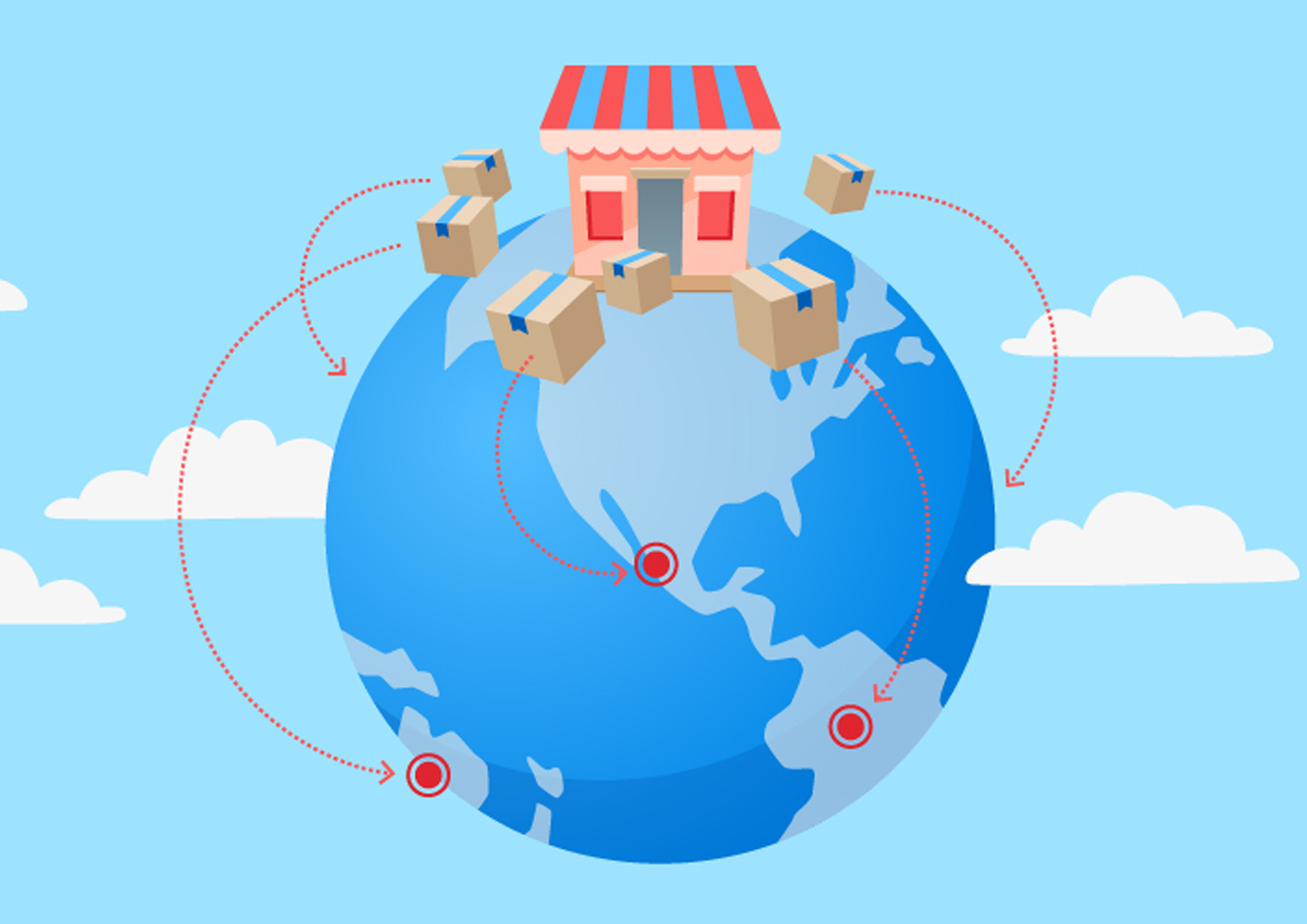Giveback Initiative
With the founders of Wombilee both being founders of non-profits, it was agreed upon that there would be a Giveback program. When you purchase Wombilee's products, you're assisting in ending period poverty by helping a womb in need.
The Crisis: Period Poverty & Menstrual Equity
- Period poverty is defined as inadequate access to menstrual hygiene tools and education, including but not limited to sanitary products, washing facilities and waste management.
- Menstrual Equity refers to the affordability, accessibility and safety of menstrual products. It also includes equal access to education about menstruation and reproductive care.
- Globally, 3.5 billion women have monthly periods. Medical News Today estimates 500 million women and girls who menstruate lack access to menstrual products and hygiene facilities.
- Alliance For Period Supplies stated that in the United States, more than two in five menstruators say they have struggled to purchase period products due to lack of income at some point in their life. There are also racial disparities for menstrual equity. A quarter of menstruators of African and Latin descent strongly agree that they’ve struggled to afford period products.
- Pandia Health calculated that if a woman was to use three to five pads a day over a five-day period, they would likely spend around $4,752 (USD) in their lifetime on pads. On top of the high prices on period products, there is also a “pink tax” and "period tax" on feminine hygiene products. The pink tax refers to the tendency for products marketed specifically toward women to be more expensive than those marketed for men. The period tax which is a value-added tax or sales tax charged on feminine hygiene products while other products considered basic necessities are granted tax exemption status.
- Not having access to a safe and hygienic way to deal with menstruation can have profound consequences; particularly on a girl’s education. Period poverty complicates girls’ lives and denies them many opportunities.
- An estimated 30% of South African girls do not attend school while they are on their period. In Tanzania, one in six girls say their periods keep them out of school. - The Borgen Project
- Around 4 million girls in Brazil do not go to school when they get their period. A quarter of them have no money for menstrual products. - UNICEF
- Nearly 76% of women and girls in Kenya do not have access to adequate water and sanitation facilities when menstruating, meaning they are unable to practice menstrual hygiene management. - Journal of Women's Health: Vol. 24, No. 10
- More than 40% of female students in India choose not to attend school during their menstrual cycle due to the inability to access menstrual products to properly manage their menstruation. - FeminismInIndia.com
- 50% of girls and women in Niger said they had no private place to change and wash during their periods. In Nigeria, Burkina Faso, Laos, Ivory Coast and Ethiopia at least one in five women living in rural areas didn't have access to a private place. In Bangladesh more than 50%, in Nepal more than two-thirds, and one in three menstruators in Chad and the Central African Republic, said they are not participating in everyday activities while on their period. In addition to 15% of girls in Burkina Faso, 20% in Ivory Coast and 23% in Nigeria miss school because of their period. - CNN (Ivana Kottasová)
Help Us With Shipping!
Focus Areas: Africa and the Americas
Focus Areas: Worldwide
It all begins with us...
End Period Poverty
The Solution: Biodegradable Pads
Hypoallergenic

Ingredients
- No Fragrance, Dyes, Chlorine, or Pesticides
- Perforated Soft Organic Cotton to reduce irritation and offers better breathability
- Airlaid Paper to protect against leaks and bacteria
- Wood Pulp to absorb the flow
- Breatheable Bottom Layer to release heat and for added reinforcement
- All materials are 100% biodegradable, including the wrappers and packaging
Biodegradable

Degradation Cycle
- Corn starch is extracted from corn
- Lactic acid is fermented from corn starch
- Raw polylactic acid (PLA) is polymerized from lactic acid
- PLA is process and molded to make the menstrual pad
- After use, the menstrual pad begins its composting and biodegradable stage
- Everything returns to nature and the cycle restarts
Box Design

Co-Founder C.Nichole designed the giveback box to have meaning.
- Black to symbolize the power in menstruation, also portraying women’s elegance.
- As a woman of color, the golds and browns represent other women of color.
- A crown so that women remember that they are royalty
- English, Kiswahili, and Spanish were chosen as the inclusion-based languages
Shipping Cost

We need your assistance in helping us ship Wombilee’s Biodegradable Moderate Pads worldwide! Donate or Sponsor a carton by clicking on the buttons below.
In-kind shipping is also equally appreciated. Contact us HERE to start the conversation.
The Giveback Initiative product ships from Dallas, Texas, USA.
- One carton includes 48 Giveback period boxes
- Each box contains 14 moderate flow menstrual pads
- Each carton weighs 18 lbs (8.1 kg) and measures at 22 x 15 x 13 in (56.5 x 38 x 34 cm)